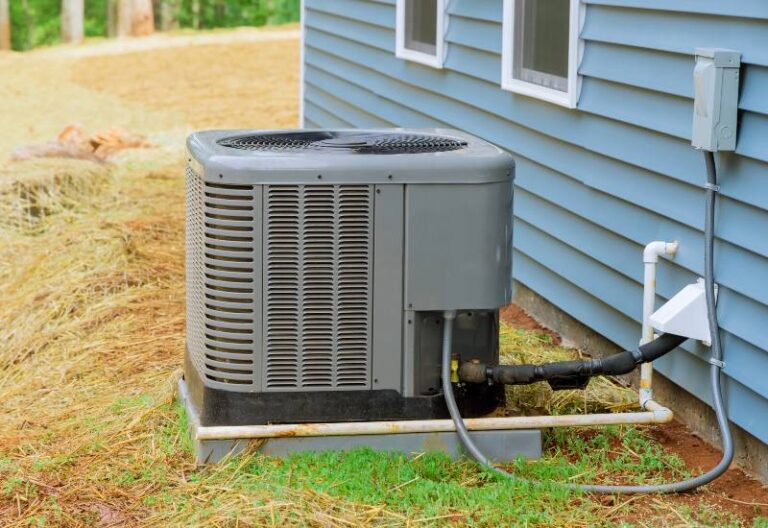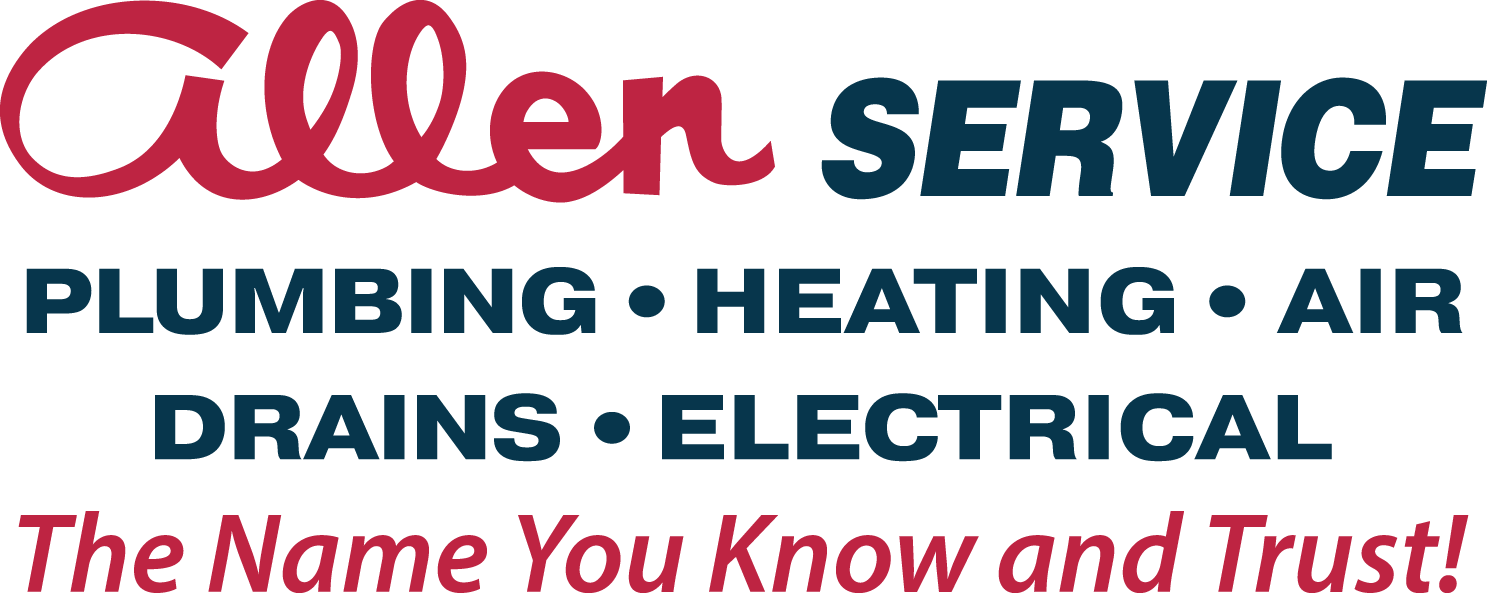Allen Services in denver

Northern Colorado is praised for its relatively mild, dry summers, but 90- or even 100-degree days are not unheard of. During toasty weather, your air conditioner works hard to turn your home into a personal oasis. But what if the AC is pushed to its limit and runs for 24 hours straight? Is this normal? And what are the consequences of overworking your air conditioner? Find the answers you’re looking for here.
How Many Hours Should Your AC Run Each Day?
On a typical summer afternoon in Fort Collins, your air conditioner might complete two to three 15-minute cycles per hour. This adds up to about six to eight hours of run time per day. In extreme heat, the AC might run longer to keep up with the increased cooling demand. However, running for 24 hours straight isn’t typical and may signal a problem that needs attention.
What Makes an AC Run For 24 Hours Straight?
Numerous factors may force your AC unit to operate continuously:
- Higher-than-normal outdoor temperatures: On those blisteringly hot summer days, your AC must work overtime to maintain a comfortable indoor temperature.
- Undersized equipment: When the AC unit is too small for your home, it never gets to catch its breath. Like a small car pulling a large trailer, an undersized AC continuously strains to cool the area above and beyond its intended capacity, often running non-stop as a result.
- Low thermostat setting: If you attempt to turn your home into an igloo by setting the thermostat way too low, your AC will bear the brunt of this decision. It may labor endlessly, trying to achieve that frosty temperature to no avail.
- Clogged air filter: An air filter clogged with dust, dirt, and hair stifles the airflow. This is like running a marathon while breathing through a straw. Your AC struggles under these conditions, working harder and longer to push out cool air.
- Dirty coils: The evaporator and condenser coils facilitate heat exchange, but they can’t do their job effectively when covered in dirt and grime. This resulting inefficiency can cause your unit to run for hours on end.
- Low refrigerant: The refrigerant is the lifeblood of the cooling process. If the charge is low, your AC’s cooling ability dwindles. To reach the thermostat’s set temperature, the AC may have to run 24 hours a day.
- Leaky air ducts: Picture pouring water into a leaky bucket, making it take longer to fill. The same applies to your cooling system. If cool air escapes through ductwork leaks, your AC must run longer to counteract the air being diverted to unconditioned spaces.
- Open windows and doors: Did you accidentally leave a window or door open while running the AC? This allows warm air inside, which your AC must compensate for by running continuously.
Consequences of Running Your Air Conditioner 24 Hours a Day
Allowing your air conditioner to chug away all day and night may lead to these outcomes:
- High energy bills: The time an appliance runs and the amount of energy it consumes are directly proportional. So the longer your AC operates, the more energy it guzzles, leading to sky-high utility bills at the end of the month.
- Wasted energy: Running the AC to cool your home beyond your comfort level wastes energy and contributes to an increased carbon footprint. This is bad news for the environment and your energy bills.
- More frequent breakdowns: Just as overworking your body can lead to exhaustion, an overworked air conditioner is prone to breaking down. Running for 24 hours straight adds wear and tear to numerous system parts, increasing the risk of untimely failures.
- Rising repair costs: Every time your air conditioner breaks down, you must pay to repair it. Since longer runtimes lead to more breakdowns, mounting AC repair bills could put a noticeable dent in your wallet.
Tips to Run Your Air Conditioner More Efficiently
To prevent the consequences of a constantly running AC, try these tips to enhance your AC’s efficiency:
- Invest in regular maintenance: Getting an air conditioning tune-up is akin to visiting the doctor for a health check-up. It keeps your system running at peak efficiency and helps identify potential issues before they worsen, extending the lifespan of your AC and ensuring optimal performance.
- Size your new unit correctly: Matching your AC’s cooling capacity to your home’s size is crucial. An undersized unit can lead to constant running, but oversized units are problematic, too. Avoid issues by consulting an HVAC service professional to ensure your new air conditioner is the right size.
- Adjust the thermostat setting: Set your thermostat as high as comfortably possible during the summer. The Department of Energy recommends 78 degrees to shorten AC runtimes and lower your cooling bills.
- Replace the air filter regularly: A clean filter lets your AC breathe freely. Check the filter once a month and replace it when it appears dirty to ensure optimal airflow and reduce strain on your cooling equipment.
- Seal your ductwork: It’s no use filling a leaky bucket. Have your ductwork inspected for leaks and get them sealed to ensure all the cool air produced reaches your living space.
- Prevent heat gain: Simple steps like closing the blinds in the afternoon and ensuring your windows and doors are shut help shield your home from solar heat gain and reduce the cooling load. To reduce indoor heat gain, wait until it’s cooler outside to use the oven, dishwasher, or washing machine.
Schedule AC Repair Today
If you’re searching for reliable air conditioner service in Fort Collins, choose the name your neighbors know and trust: Allen Service. We have been serving the community since 1962, with a dedication to quality, professionalism, and prompt HVAC services. Our trained technicians can handle it all, from routine tune-ups to air conditioning repairs. For expert help keeping your Colorado home comfortable all summer long, please call us at 970-672-1660 and request the AC services you need.
